
Livres rares et Manuscrits
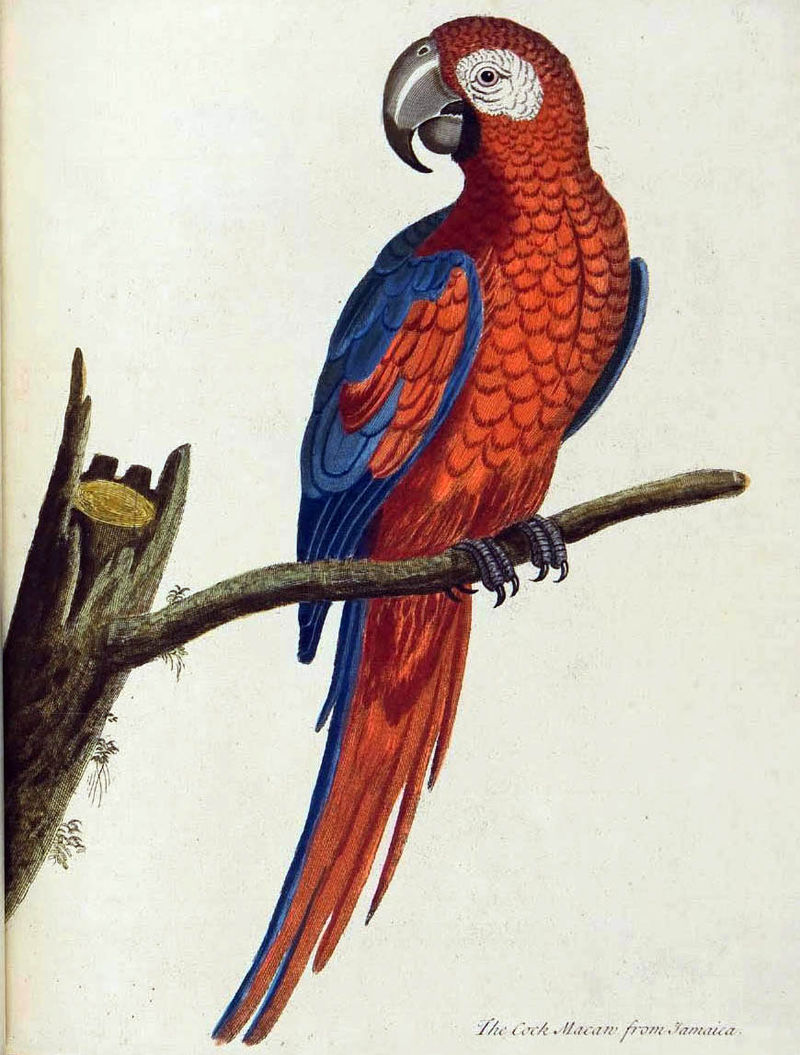
Eleazar Albin was a British naturalist and author of illustrated books on birds and insects.
Albin wrote and illustrated a number of books, including A Natural History of English Insects (1720), A Natural History of Birds (1731-38), and A Natural History of Spiders and Other Curious Insects (1736). His work was based on careful observation and artistic talent. Eleazar Albin has been called one of the "great illustrators of entomological books of the 18th century".
Some of the illustrations in these books are by Albin's daughter Elisabeth. Eleazar Albin himself proudly wrote of his drawings that they were all painted from life, with all the accuracy of a sketch, unlike the sketches of other scientists, who did them either from memory or from stories.
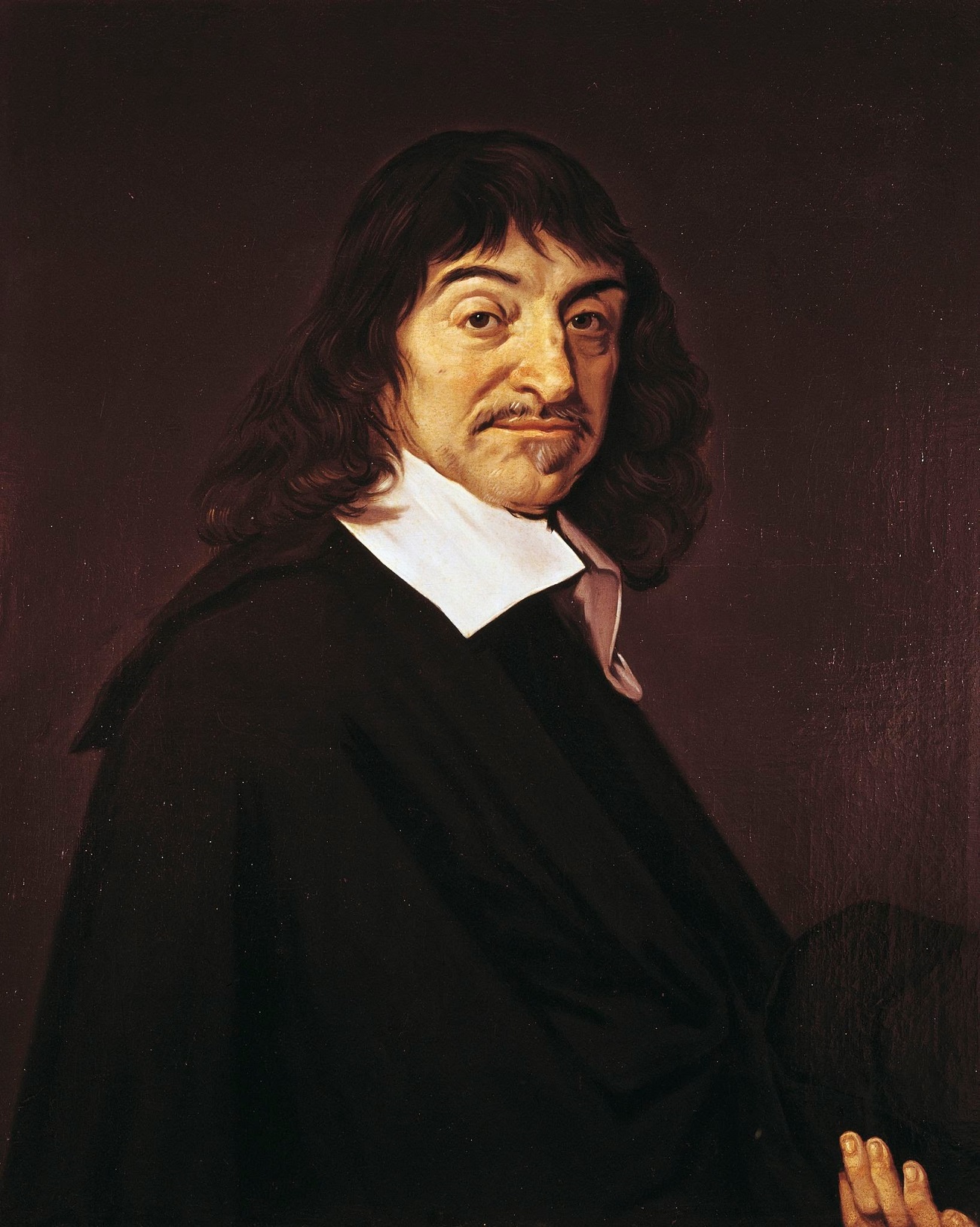
René Descartes was a French philosopher, mathematician, and natural scientist who is considered the founder of modern philosophy.
Descartes was a very versatile scientist: besides numerous philosophical reflections, he wrote works on optics, meteorology and geometry. Contemporaries noted his extensive knowledge in many sciences. Descartes owns the famous saying "I think, therefore I exist" (best known in the Latin formulation "Cogito, ergo sum", although it was originally written in French: "Je pense, donc je suis").
He developed a metaphysical dualism that radically distinguished between mind, whose essence is thought, and matter, whose essence is extension in three dimensions. Descartes' metaphysics is rationalistic, based on the postulation of innate ideas of mind, matter, and God, but his physics and physiology, based on sense experience, are mechanistic and empirical.
Unlike his scientific predecessors, who felt a holy awe at the incomprehensibility of the divine essence of the universe, Descartes admired the ability of the human mind to understand the cosmos and to generate happiness itself, and rejected the view that human beings were inherently unhappy and sinful. He believed that it was inappropriate to pray to God to change the state of things and the world; it was much more productive to change oneself.






![[AUGEARD, Mathieu (1673-1751)]](/assets/image/picture_2500724/45e94/52e491549b1f13fdeca7398b4c4a7c811667984400jpg__fix_374_244.jpeg)
![[AUGEARD, Mathieu (1673-1751)]](https://veryimportantlot.com/assets/image/picture_2500724/45e94/52e491549b1f13fdeca7398b4c4a7c811667984400jpg__fix_374_244.jpeg)
![[BEAULIEU, Sébastien de Pontault de (1612-1674)]](/assets/image/picture_2500726/5de8b/e42fecc1921e4b57d4e1c05314c8d77a1667984400jpg__fix_374_244.jpeg)
![[BEAULIEU, Sébastien de Pontault de (1612-1674)]](https://veryimportantlot.com/assets/image/picture_2500726/5de8b/e42fecc1921e4b57d4e1c05314c8d77a1667984400jpg__fix_374_244.jpeg)


![[BIBLE]](/assets/image/picture_2500736/0a44b/2d8dd448aa843687f9ab2519af4af3601667984400jpg__fix_374_244.jpeg)
![[BIBLE]](https://veryimportantlot.com/assets/image/picture_2500736/0a44b/2d8dd448aa843687f9ab2519af4af3601667984400jpg__fix_374_244.jpeg)
![[BIBLE - PADELOUP, Antoine-Michel, relieur (1685-1758)]](/assets/image/picture_2500738/0484c/03412a032bad71a83c9655eaa44f84411667984400jpg__fix_374_244.jpeg)
![[BIBLE - PADELOUP, Antoine-Michel, relieur (1685-1758)]](https://veryimportantlot.com/assets/image/picture_2500738/0484c/03412a032bad71a83c9655eaa44f84411667984400jpg__fix_374_244.jpeg)
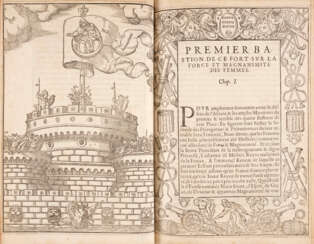

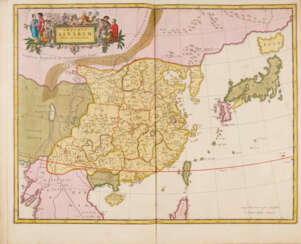







![[BOUTET, Claude]](/assets/image/picture_2500770/c05a7/06f827bde2e610e90ff6e2e82e12cb181667984400jpg__fix_374_244.jpeg)
![[BOUTET, Claude]](https://veryimportantlot.com/assets/image/picture_2500770/c05a7/06f827bde2e610e90ff6e2e82e12cb181667984400jpg__fix_374_244.jpeg)


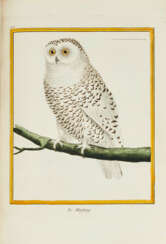



![[BUSSY-RABUTIN, Roger de Rabutin, comte de Bussy, dit (1618-1693)]](/assets/image/picture_2500792/6fa2c/b0da14b4b8649232d05346cb502ab1b21667984400jpg__fix_374_244.jpeg)
![[BUSSY-RABUTIN, Roger de Rabutin, comte de Bussy, dit (1618-1693)]](https://veryimportantlot.com/assets/image/picture_2500792/6fa2c/b0da14b4b8649232d05346cb502ab1b21667984400jpg__fix_374_244.jpeg)
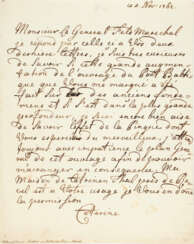















![[DESCARTES, René (1596-1650)]](/assets/image/picture_2500811/a67fb/9ee6c1d6009ac0da55c5104d2c2f17ad1667984400jpg__fix_374_244.jpeg)
![[DESCARTES, René (1596-1650)]](https://veryimportantlot.com/assets/image/picture_2500811/a67fb/9ee6c1d6009ac0da55c5104d2c2f17ad1667984400jpg__fix_374_244.jpeg)
![[DROIT CANON]](/assets/image/picture_2500816/16823/b6770a9f7f95d942e0293c5be6e60ca61667984400jpg__fix_374_244.jpeg)
![[DROIT CANON]](https://veryimportantlot.com/assets/image/picture_2500816/16823/b6770a9f7f95d942e0293c5be6e60ca61667984400jpg__fix_374_244.jpeg)
![[DROIT]](/assets/image/picture_2500819/ee567/24faec2157eab0849d959c52f7b754e21667984400jpg__fix_374_244.jpeg)
![[DROIT]](https://veryimportantlot.com/assets/image/picture_2500819/ee567/24faec2157eab0849d959c52f7b754e21667984400jpg__fix_374_244.jpeg)
![[DROIT]](/assets/image/picture_2500822/b624b/ec98c35c3090579d028e0ba113953f9d1667984400jpg__fix_374_244.jpeg)
![[DROIT]](https://veryimportantlot.com/assets/image/picture_2500822/b624b/ec98c35c3090579d028e0ba113953f9d1667984400jpg__fix_374_244.jpeg)